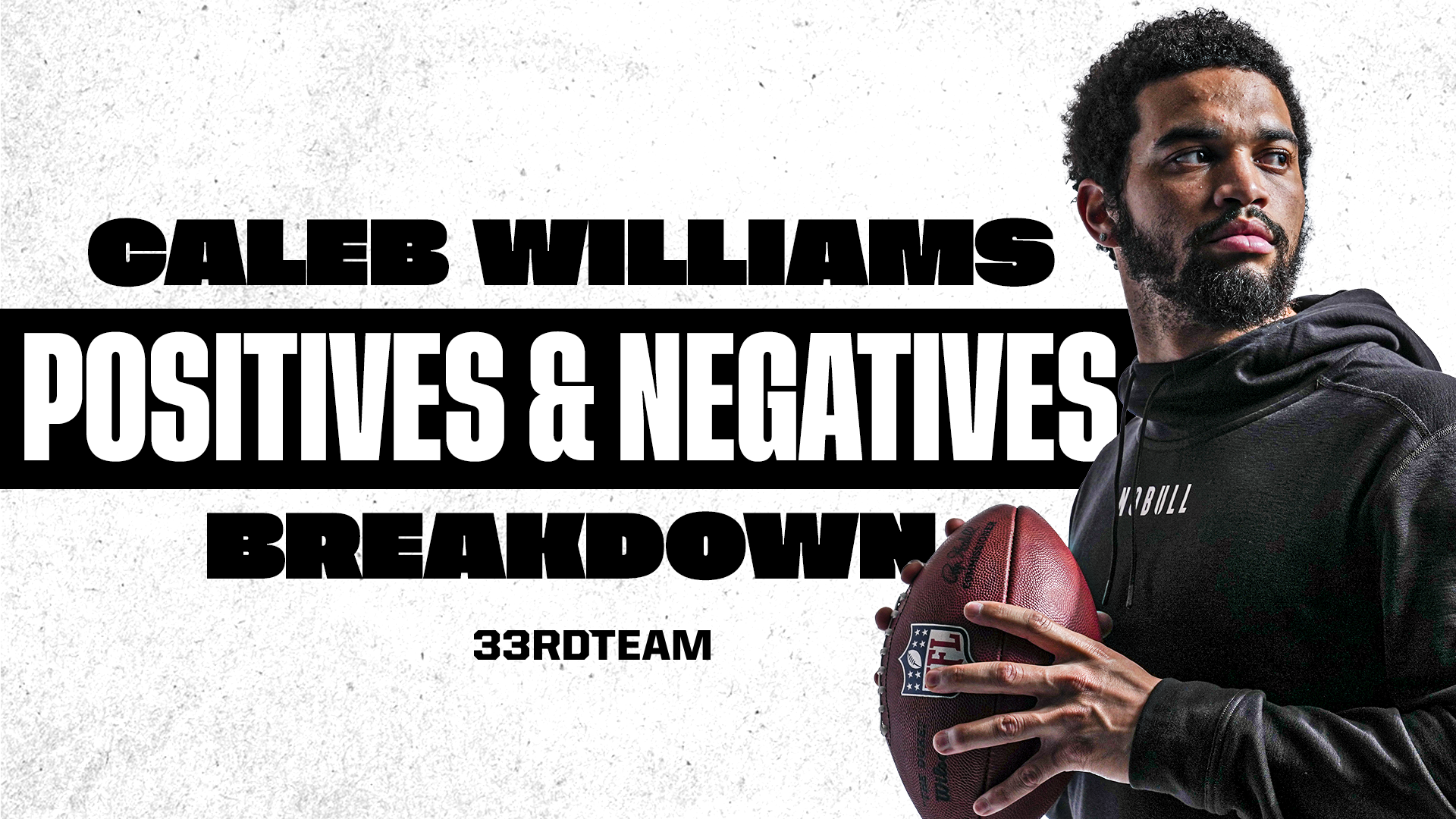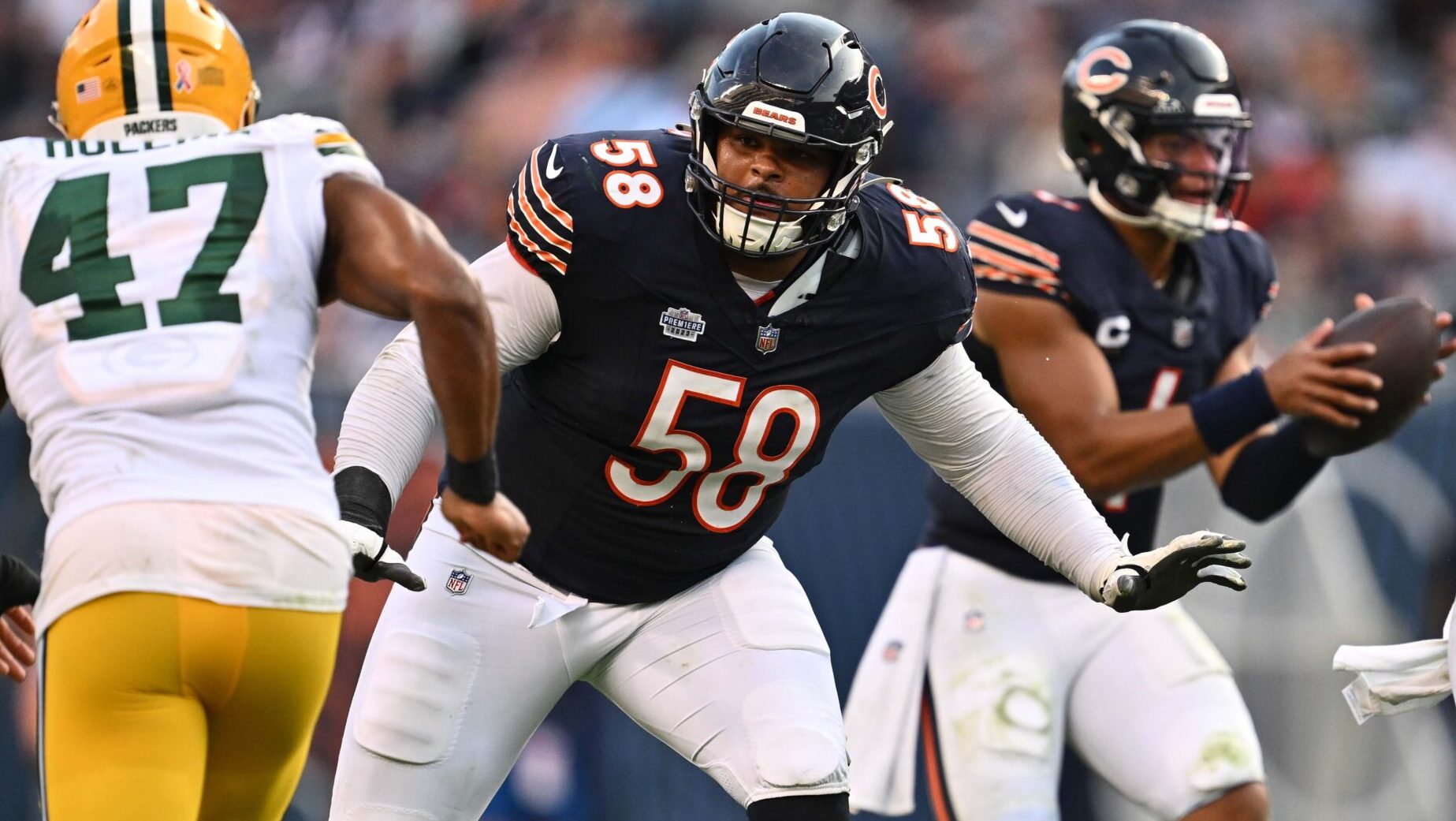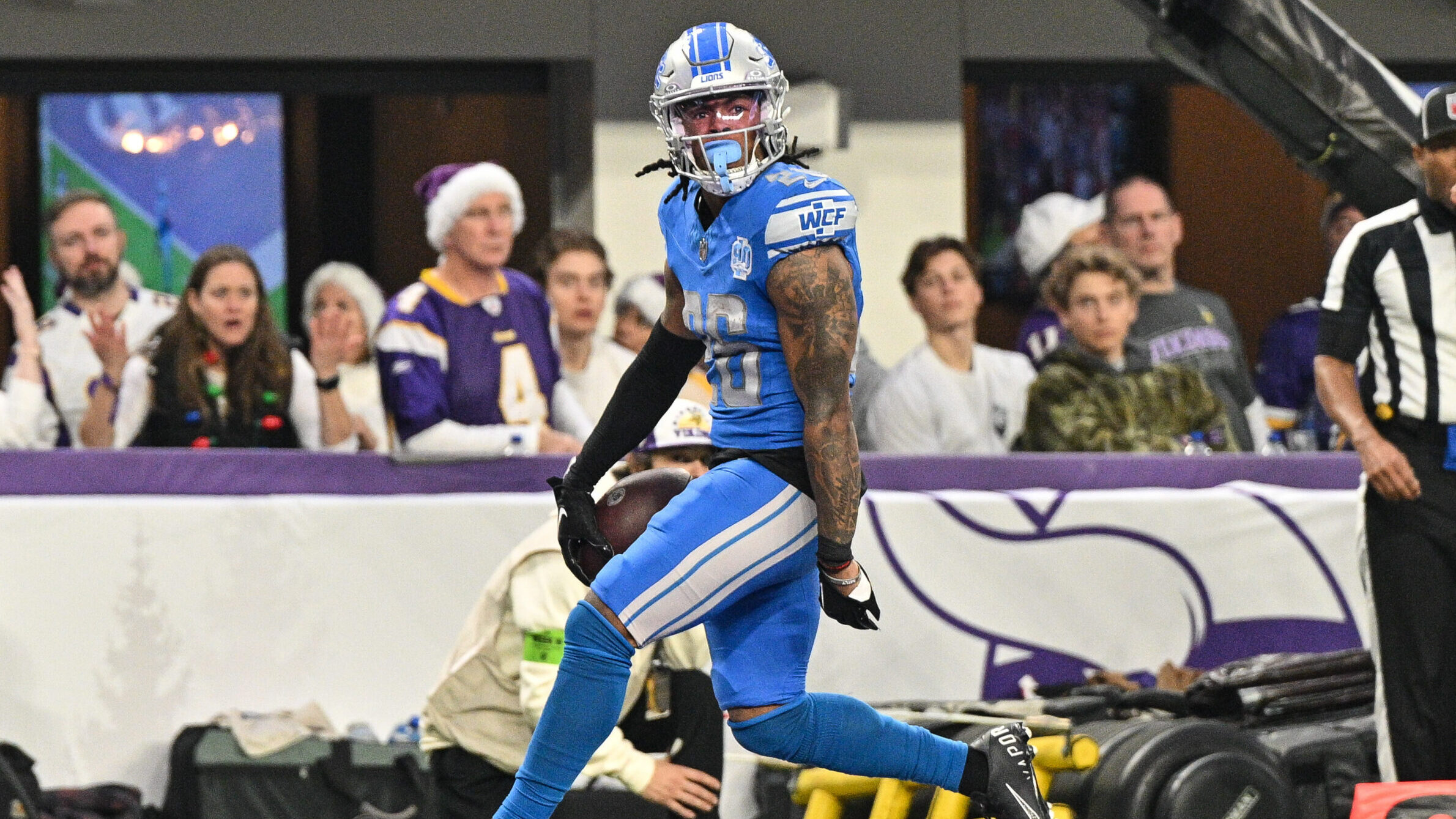Analysis
6/7/21
6 min read
If Aaron Rodgers Holds Out, Here's What He Stands to Lose
Packers quarterback Aaron Rodgers has been hinting at “unknowns” in his football career since Green Bay’s NFC Championship loss to Tampa Bay in January. Through the offseason, Rodgers has remained away from the Packers as he continues his very public rift with the organization. The longer Rodgers remains away from Green Bay, the more his salary forfeitures accumulate, along with the mounting questions about his future with the franchise he has led since 2008.
Rodgers first relinquished 2021 compensation back in May, in the form of a $500,000 workout bonus that he had collected every season since signing his first extension. The bonus required at least 85% offseason participation from Rodgers, who has yet to be with the team for OTAs. According to Adam Schefter, the no-shows extended beyond Rodgers, and even included four of Green Bay’s top veteran pass catchers -- Davante Adams, Marquez Valdes-Scantling, Allen Lazard and Equanimeous St. Brown. While it was still the voluntary portion of the offseason, Rodgers had been present throughout his career; his absence clearly loomed large over the rest of the players.
The next major date for Rodgers on the offseason calendar is the start of the Packers’ mandatory three-day minicamp, beginning on June 15. According to the NFL Collective Bargaining Agreement, Rodgers' absence carries a maximum fine of “$15,515 for the first missed day, $31,030 for the second missed day and $46,540 for the third missed day,” totaling over $93,000 in potential fines.
Former NFL GM, Mike Tannenbaum offered his input on how he would handle Rodgers’ fines through the offseason:
“Despite the precedent it could potentially set, I would be willing to waive these fines as part of an incentive to solve the bigger problem of getting him back in the building,” said Tannenbaum. “While him missing the minicamp would be disappointing, most of the offense is returning, outside of the center, and they have a returning head coach and play caller.
“The big problem is that the fundamental issue does not seem to be an economic problem. It does not seem like a contract dispute is the driving factor in keeping him away from Green Bay. For me, that is why things really start to heat up when training camp begins and then obviously gets more problematic if you reach the regular season.”
As former Detroit Lions President Tom Lewand pointed out, the standoff between Rodgers and the Packers is all the more sensitive with such a valuable player.
“Consistency in applying fines is important, but not as important as the relationship with a Hall of Fame quarterback," said Lewand. "Striking the right balance requires drawing firm lines on the most critical issues, but doing so respectfully and as privately as possible. Public comments rarely help solve these issues, and knowing how to avoid unnecessary inflammation is critical to healing the wound.”
For Rodgers, the start of training camp also marks the date that potential losses begin to rapidly accumulate. Upon missing the first day, Rodgers will forfeit a now-mandated $50,000 on a daily basis, per the new Collective Bargaining Agreement. With training camp lasting from mid-July to early September, Rodgers could be at risk of losing around $2 million.
Rodgers is also susceptible to losing 15% of his 2021 forfeitable salary allocation, made up of his $14.35 million 2021 signing bonus allocation plus one-third of his $6.8 million roster bonus (due to three years remaining on his current contract) at the start of camp. Through the rest of training camp, Rodgers is at risk of losing an additional 10% of that allocation at the team's discretion.
Should Rodgers’ holdout last into the regular season, he will forfeit nearly $817,000 – one-eighteenth of his $14.7 million base salary – each week he is out.
Additional percentages of his forfeitable salary allocation are also susceptible at the start of the regular season. Rodgers is at risk of forfeiting another 25% if he has not reported for the Packers’ opening game on Sept. 12 in New Orleans. Following the fourth week of the regular season, Rodgers can lose the remaining 50% of his forfeitable salary for each game missed on a weekly basis.
With Rodgers remaining committed to his holdout and the Packers adamant they have no plans to trade him, a larger question looms should he remain away from the team deep into the regular season. Holding out for the entire season, in addition to costing him all that money, will leave him in the same position he is now, a year later, with three years still remaining until free agency. However, no decisive date has actually been established on the latest a player can report to have that year count toward his contract -- leaving it ambiguous for Rodgers on the latest he can report and still move a year closer to free agency.
One of the recent cases to look at dates back to 1999, when Joey Galloway held out until Week 9 and was awarded the year off his contract through a grievance. With no recent examples, especially under the new CBA and with a star player like Rodgers, it is largely unclear how late he could report to gain a year toward free agency. Some have speculated that it would require a player to play at least half the year, while others have less stringent requirements. Either way, if Rodgers’ holdout lasts into November or he arrives in Green Bay during their Week 13 bye, it is likely that a high profile grievance awaits.
The last scenario is that both parties last the whole season unable to come to a compromise. At that point, it seems likely a trade will occur or Rodgers will be headed toward retirement.
Rodgers is represented by the same agent that successfully led Carson Palmer out of Cincinnati and into Oakland after he threatened retirement following the 2010 season. After holding out into October, Palmer was traded to the Raiders after Oakland’s starting quarterback, Jason Campbell, suffered a season-ending collarbone injury.
The other option is Rodgers walks away from the NFL after 16 seasons. Rodgers would leave with three MVP awards and a Super Bowl MVP in 2011. Rodgers will be 38 next season and has very publicly expressed his interests beyond his playing career -- including hosting Jeopardy! and being a volunteer high school coach. As for remaining in the NFL once his career is over, Rodgers expressed on the Pat McAfee show, “that I have given so much to the game, I feel like I will be ready to move on at that point.”
With regards to the money, Rodgers would walk away from over $70 million if he never played another down in the NFL. Rodgers would also be at risk of losing $31.5 million in unearned signing bonus payments.
Tannenbaum said if he was helping represent Rodgers, he would encourage him to make amends with Green Bay.
“I know the player is determined to get to a new team or get a new contract,” Tannenbaum said, “but I absolutely would not advise him to sit out the season, unless he would be satisfied with retirement, and he had considered that a legitimate possibility.”
Salary information courtesy Overthecap.com








